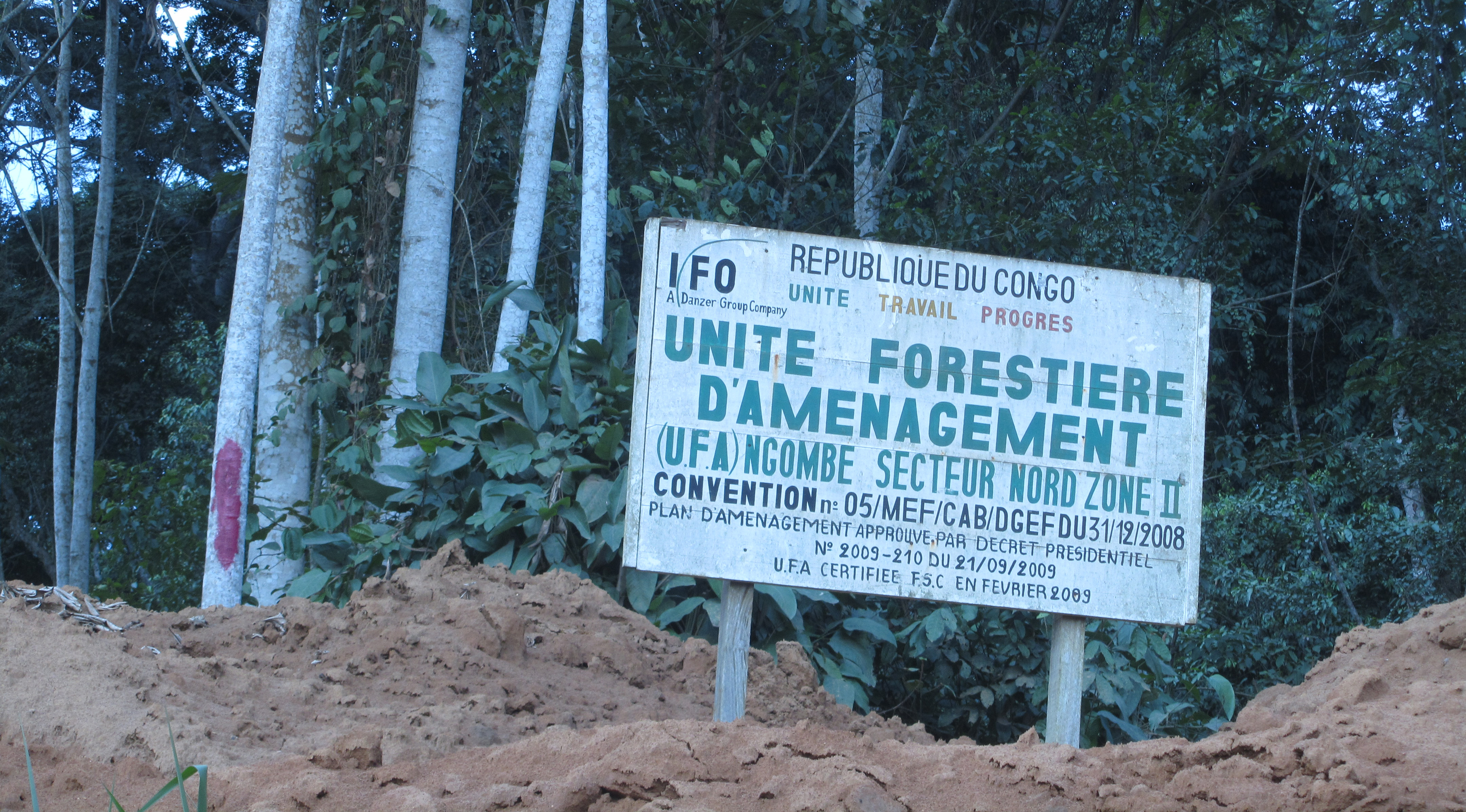Being required to tap into new business opportunities, extractive companies are often the first to make much-needed investments in post-conflict states. Since the scramble for minerals has at times fueled armed conflicts, debates on extractive industries in fragile states have, however, long focused on resources as a driver of conflict, i.e. a ‘curse’ that traps societies in a cycle of violence and poverty. Premised on the assumption that sustainable peace requires economic development, recent discussions explore opportunities that extractive industries bear for peacebuilding and reconstruction. While the primary responsibility for peacebuilding lies with governments and civil society, the private sector can decisively contribute to consolidating peace.
Given that business needs a peaceful environment to thrive and vice versa, extractive companies can greatly benefit from peacebuilding. Whilst untapped resources in former war zones offer new opportunities, mining requires large-scale investments that only pay off if operations go unhindered in the long run. A resumption of hostilities may result in costly disruptions and jeopardize profits, and investors shy away if the situation remains unstable. Crucially, companies suffer reputational damage if their operations undermine peace. As home to mining corporations, refineries and commodity trading hubs, Switzerland’s economy has a strong interest in ensuring that extractive industries are conducive to peace and stability.
Extractive industries are of strategic importance to peacebuilding due to their ability to address conflict drivers, transform a war into a peace economy, boost rapid growth, attract large-scale investment, and generate state revenue. Economic opportunities offered by extractive industries may produce a peace dividend that motivates belligerents to end fighting and uphold peace. Extractive industries can provide jobs, skills and alternative livelihoods necessary to disarm, demobilize and reintegrate ex-combatants. Further jobs are created by mining-related infrastructure development, subsidiary industries and informal sector activities. By flushing revenues into depleted state coffers, extractive industries can fund post-conflict reconstruction, peacebuilding projects, and reduce aid dependency. By restoring investor confidence, they can trigger investment into other sectors and economic diversification.
Due to their economic power, extractive corporations may encourage legislative and political reform, establish good business practices, and standards of governance. They may lead by example by not tolerating corruption that breeds conflict. By conditioning investment on good practice, corporations encourage government to introduce institutions to reduce corruption. Since business depends on a secure physical and legal environment, companies committed to individual rights can prompt authorities to enforce the rule of law and to improve security.
Extractive companies can directly contribute to peacebuilding by establishing policies conducive to peace. Inclusive employment and training policies can foster the economic empowerment of marginalized groups and thus reduce economic grievances that cause tensions. Working together in a company may foster confidence and dialogue between different groups, project an alternative vision of society, and enable steps towards reconciliation. In rare instances, corporations directly facilitate dialogue between conflict parties. The distribution of revenues can be part of peace treaties aiming at economic power-sharing. More often, companies back peace processes by supporting civil society and national programs to ease tension.
Whether extractive companies assist peacebuilding hinges on various context-specific factors, many of which are beyond their control. The ability to harness resources for peace depends on commodities’ role in a conflict, government’s willingness to manage resources effectively, and the specific industry. For example, preventing illicit trade with alluvial diamonds is harder than managing oil revenues. Since extractive industries’ primary contribution consists in boosting growth, and because post-conflict transitions depend on prompt economic gains to keep stakeholders and potential spoilers engaged, a conducive business environment is key to securing peace. In turn, diligently reconciling business imperatives with the necessities of a fragile society is indispensable. Companies must understand the sensitive context they operate in, in order to do no harm.
Collective initiatives help to render extractive activities conducive to peace. The United Nations Global Compact, the Extractive Industry Transparency Initiative and the Kimberley Process set global standards of best practice, and seek to curb illicit trade in conflict minerals. On the company level, conflict-sensitive, industry-specific corporate social responsibility policies provide critical guidelines for businesses entering sensitive contexts.
Whilst competitive businesses must promptly strike lucrative deals, sound contracts must be negotiated with legitimate authorities. Unelected interim governments should not grant mining concessions for decades to come, and contracts should maximize the population’s gain. Stringent resource management regimes must regulate a post-conflict resource rush. Reliable information about deposits and revenue flows are needed to prevent the syphoning of revenues by spoilers. Transparency in managing resources is key to preventing conflict and improving the investment climate.
Channeling revenues to benefit the population is challenging and is usually managed by central government. Extractive industries are unlikely to foster peace if they do not enable downstream development, sustainable livelihoods, and economic diversification. For companies to make a positive impact on communal relations, it is essential to engage in dialogue with local communities and address grievances. To assess operations’ impact on communities and seek alternatives for displaced artisanal miners and agriculturalists, companies may partner with civil society.
Ultimately, extractive companies must abide by business imperatives and have limited peacebuilding capacities. Corporations promoting best practices may face a competitive disadvantage and resistance by benefactors of illicit trade. Companies taking a risk by making critical investments in fragile states may shy away if peacebuilding implies additional costs, responsibilities and reputational hazards. Yet, governments and corporations share the responsibility of ensuring that extractive activities are conducive to peace. If companies pay lip service to corporate social responsibility; export revenues without enabling sustainable development; ignore social and environmental repercussions; destroy livelihoods without alternatives; and if authoritarian regimes, corrupt elites and rebels syphon revenues; extractive industries indeed become a curse rather than a chance for peace and prosperity.


